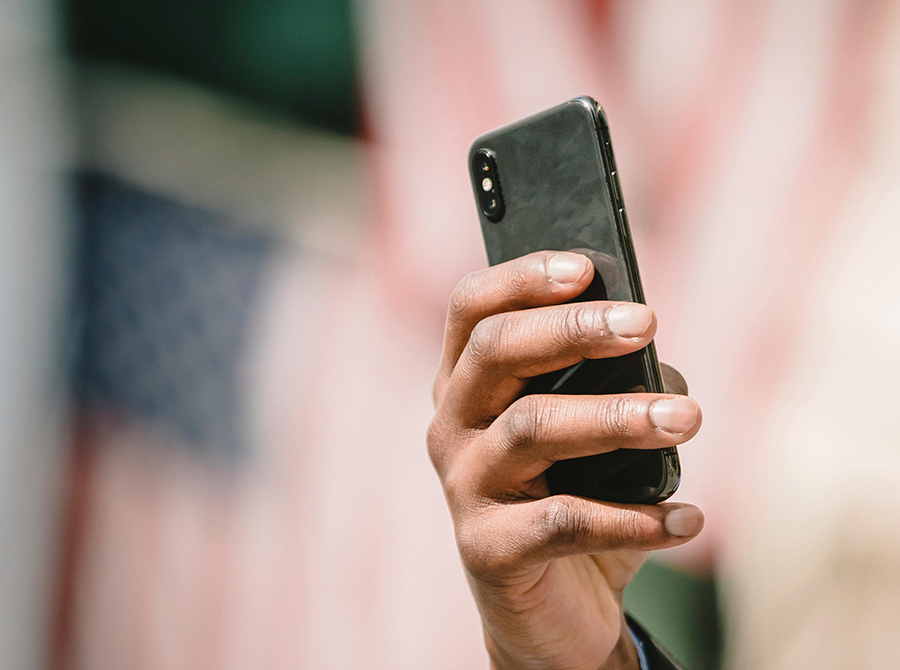The First Amendment of the United States Constitution protects certain rights, including the Freedom of Speech and the Freedom of Assembly. Under 42 United States Code section 1983, police officers and their agencies can be sued for violations of a person’s constitutional rights, including First Amendment rights.
These First Amendment rights have limits. Statutes, regulations, and ordinances can lawfully create reasonable restrictions on the time, place, and manner of speech—for example, prohibiting shouting “Fire!” in a crowded theater, or using loudspeakers in a residential neighborhood late at night. Additionally, the type of property can affect a person’s First Amendment rights. For example, a group of protestors may have the First Amendment right to assemble and protest in a “public” forum, like a town square, but might not have the right to assemble and protest in a “nonpublic” forum, such as an employee’s office or inside a jail.
First Amendment “Auditing” is a social movement aimed at testing the limits of Americans’ rights to take videos and photographs in public locations. Many auditors are content-creators on video streaming platforms such as YouTube. They may live-stream their encounters. They may also record the encounter and post the entire video, or a highly-edited version of it, to their platform. Some of these auditors have hundreds of thousands, or even millions, of subscribers; aggressive auditors can make more than $150,000 per month from subscribers, donations, and merchandizing.
Many auditors will choose a location in advance, researching the laws, regulations, ordinances, and policies that apply to that location. The auditor then creates a plan for the video, including what areas to attempt to access, how to confront public employees and officers, and how best to get a reaction from them. Getting a dramatic reaction can strongly affect how much revenue the auditor will get from the video. A video that shows public officers and employees behaving in an entirely calm, reasonable, and patient manner tends to receive fewer views. Conversely, a video that shows individuals, especially peace officers, becoming upset, using force, issuing citations, and/or placing the auditor under arrest tends to receive more views.
Because of this financial motive, auditors may often respond in an insulting and confrontational manner when approached by an officer. For example, when a law enforcement officer politely and calmly asks the auditor, “May I help you?” the auditor may respond, “You can help me by getting back to work. That’s what I pay you for, isn’t it?” or by cursing at the officer.
Some best practices to reduce exposure to auditors include:
- Remain calm. Ideally, the police officer will remain silent during the auditor’s verbal attacks, because silence makes a boring video. If the officer must speak to the auditor, the officer should be courteous.
- Identify criminal activity. Auditors often seek to get arrested because it makes a more interesting, and profitable, video. If an officer arrests an auditor without probable cause, this violates the auditor’s constitutional rights and exposes the officer and the law enforcement agency to a potential lawsuit. Therefore, officers must establish facts that provide a reasonable suspicion that the auditor is engaging in criminal activity before initiating a Terry stop, and must establish facts that provide probable cause to believe the auditor has committed a criminal offense before arresting the auditor.
- Clearly limit access to restricted areas. In nonpublic forums, including courthouses, police stations, and prisons, place signs that read “Authorized Personnel Only” at doorways leading to restricted areas and/or control access through locking doors.
- Establish written, content-neutral policies. Limiting audio and visual recording in nonpublic forums can be vital to protecting the safety of peace officers and the public. For example, recording and publicizing information about ongoing criminal investigations can endanger officers and witnesses while allowing criminals to escape accountability. Recording and publicizing individuals’ social security numbers or credit cards numbers can expose them to identity theft and fraud.
After establishing such a policy, post it where it is clearly visible. A sign could read, “Due to the sensitive personal information received here, all recording is prohibited.”
Interested in learning more?
PLS offers online continuing education legal training for law enforcement officers on the First Amendment and other laws to help police officers make good decisions in challenging situations.
Link: https://www.policelegalsciences.com/


